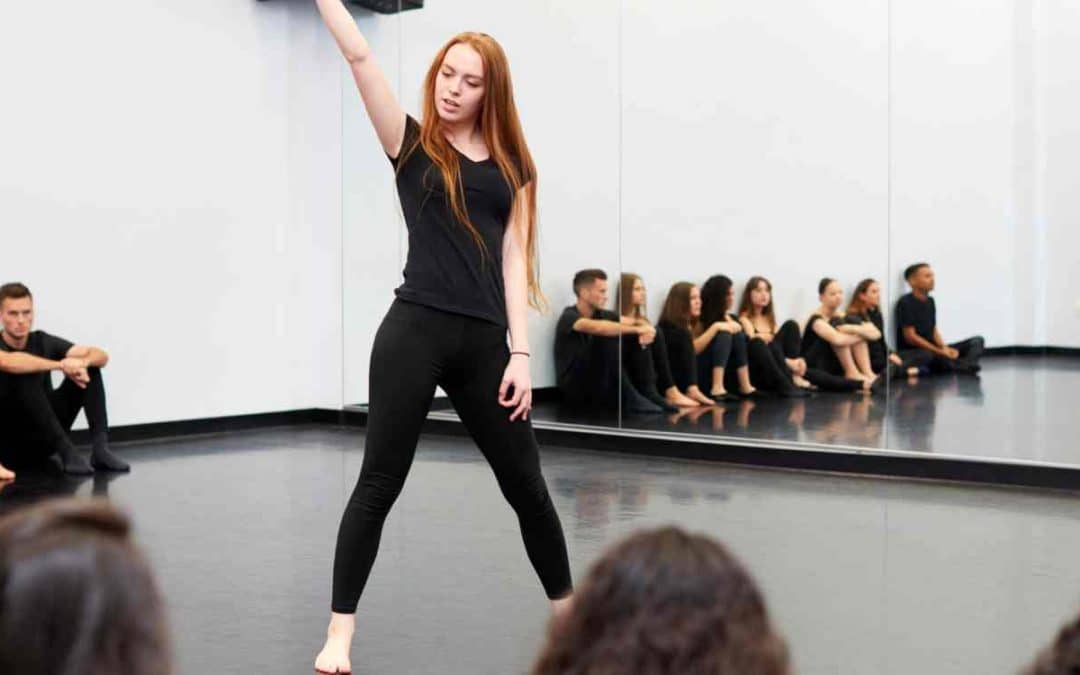Balancing schoolwork with theatre rehearsals, performances, and the occasional opening night buzz can feel overwhelming for children—and their parents. But don’t worry. With some thoughtful planning, your child can thrive both in the classroom and on stage.
You’re Not Alone – Many Parents Face This Juggle
First and foremost, know that this is a common challenge. Hundreds of families each term find themselves navigating the same demanding schedules and wondering how to make it all work. Whether your child is in school plays or regional theatre, the push and pull between academic responsibilities and performing arts is real—but manageable.
Start with a Smart Schedule
Begin by mapping out your child’s commitments for the term ahead. School dates, assignment deadlines, rehearsal schedules, show nights—everything should go into one shared calendar. Digital tools like Google Calendar or family organiser apps can make this process much easier.
Having a bird’s-eye view of the term will help avoid last-minute panics and double-bookings. Encourage your child to participate in this process so they begin to understand how to balance their time, too.
Communicate Early with Teachers and Directors
One of the most effective things you can do is maintain clear communication with both your child’s teachers and theatre directors. Let school staff know about upcoming performance dates and ask for any work in advance when possible. Most educators are supportive of children’s creative pursuits, especially when approached respectfully and early.
Likewise, keep theatre directors in the loop if school exams or important classes conflict with rehearsal times. Being upfront allows everyone to plan accordingly, and it sets the example for your child to be responsible and proactive.
Teach Your Child to Manage Their Time
Time management is a lifelong skill, and getting an early start benefits children enormously. Teach your child how to break down larger tasks into manageable chunks. If a science project is due next week but rehearsals run late all week, it might mean working on the project this weekend instead.
Encourage routines and time blocks. Perhaps homework is done from 4–5pm before rehearsals, or maybe Saturday mornings are reserved for schoolwork. Find a rhythm that works for your child’s energy levels and commitments.
Know When to Say “No”
It’s tempting to say yes to every audition, every extra role, every workshop—but sometimes, less is more. Taking on too many responsibilities can lead to burnout, falling grades, or losing the joy of performing.
Be realistic about what your child can handle. If they’ve got a heavy school term coming up, perhaps one play instead of two is wiser. The same goes for older children preparing for GCSEs or A-levels—academic focus may need to take priority temporarily.
Rest Is Just as Important as Rehearsals
Sleep and downtime are vital for growing children, especially when they’re juggling mental, physical, and emotional demands. Late-night rehearsals can be thrilling, but try to protect your child’s sleep schedule where possible.
Make sure there’s time in the week for unstructured fun—whether it’s reading, seeing friends, or doing absolutely nothing. This rest isn’t laziness; it’s recovery and joy, both of which fuel your child’s well-being and creative spirit.
Keep the Joy Alive
Remember why your child is doing this in the first place. Theatre is meant to be joyful, expressive, and empowering. Amid all the planning, studying, and hustling from school to stage, don’t let the joy get lost.
Celebrate their performances, be present in the audience, and talk about what they’ve learned. Ask what they loved about the show, the character, the friendships. That sense of wonder is the best part of the journey.
Frequently Asked Questions (FAQs)
Q1: What’s the ideal age for children to start balancing school and theatre?
There’s no strict rule, but many children start with school plays or community theatre around ages 7–10. At this age, they begin to understand responsibility and can start learning time management with guidance.
Q2: What if school grades are slipping because of theatre commitments?
Start by reviewing the schedule together and speak to teachers to understand where support is needed. It may be time to reduce theatre involvement temporarily and focus on academic improvement.
Q3: How can I help my child stay motivated to do both well?
Celebrate both achievements equally—whether it’s a great report card or a well-executed performance. Help them see the value in both school and theatre, and don’t forget to praise the effort, not just the outcome.
Q4: Are there any tools to help with managing such busy schedules?
Yes! Apps like Google Calendar, Cozi, or even colour-coded planners can help children visualise and stick to their responsibilities. Time-tracking tools can also show where hours are going.
Q5: How do I know if my child is overcommitted?
Watch for signs like constant tiredness, mood swings, slipping grades, or a lack of enthusiasm for activities they used to enjoy. These may signal the need to reassess their schedule and allow more downtime.
Final Thoughts
Helping your child balance school and theatre is a collaborative effort, not a perfect science. There will be weeks when it all flows and others when everything feels too much—and that’s okay. With open conversations, realistic boundaries, and lots of encouragement, your child can grow as both a student and an artist.
After all, life’s a stage—but school still matters.

